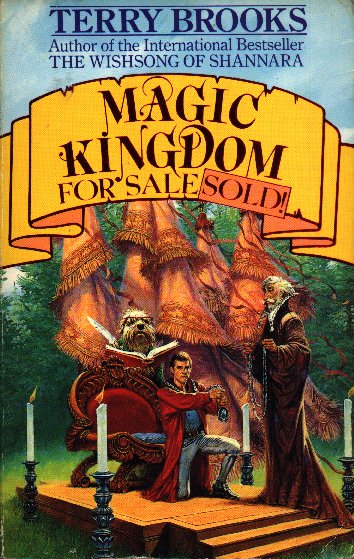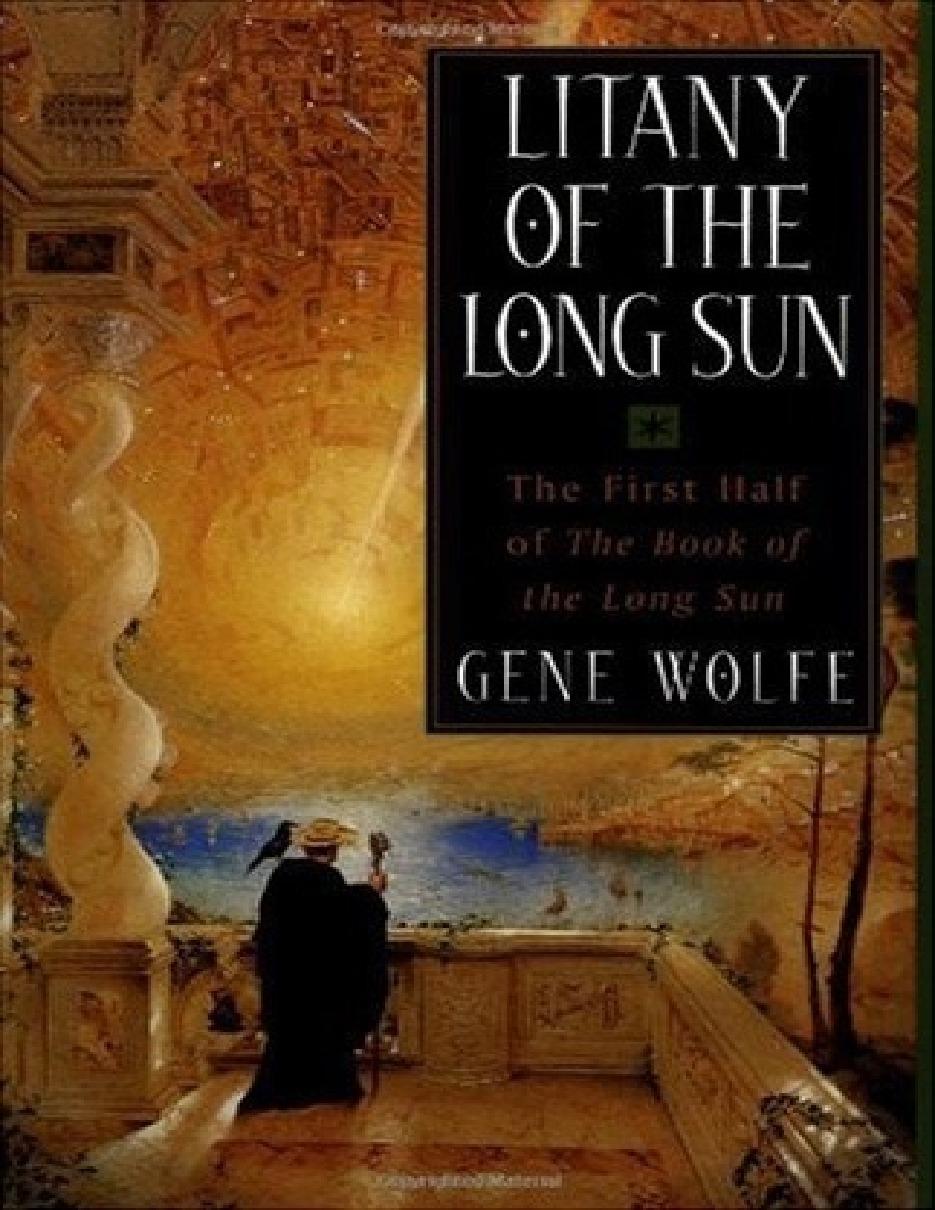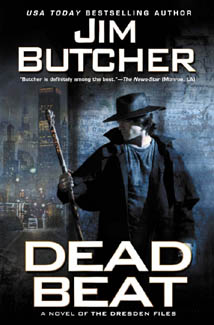The Vampyre—buy it
by John Polidori—wiki him
Recommended Ages: 12+
[button color=”black” size=”big” link=”http://affiliates.abebooks.com/c/99844/77798/2029?u=http%3A%2F%2Fwww.abebooks.com%2Fservlet%2FSearchResults%3Fisbn%3D9781438503325″ target=”blank” ]Purchase here[/button]
Fourscore years before Bram Stoker‘s Dracula, give or take a couple, this short story laid the foundation of English literature’s growing obsession with all things vampire. Based in part on an unfinished novel that Lord Byron conceived during the same evening of ghost-story-telling that inspired Mary Shelley‘s Frankenstein, John William Polidori’s tale was long misattributed to Byron—indeed, it first appeared under his name in an 1819 issue of the New Monthly Magazine. After its true authorship was revealed, speculation ran rampant that the sinister character of Lord Ruthven was based on Lord Byron, prompting its author to append a disclaimer in which he praised Byron’s misunderstood character.
Together with two rather dry introductory essays—one about the origin of the story, the other about the background of vampires in Greek folkore—these documents add up to a slender 50 pages or so, frisking along the borders of the novella. Taken by itself, it is quite a short story and, understandably given its nearly 200-year ripeness, its style now seems rather faded and old-fashioned. The abundance of typos in the free Kindle edition does not add much to its appeal. And there is no mistaking it for a work of real genius. Nevertheless, it is a very striking and effective story in its way—full of dread and suspense, exquisitely paced so that the ending comes as a sudden shock, and enlivened by the strange magnetism of the figure of Lord Ruthven.
He seems like such a strange specimen of a vampire that one often has to remind oneself that he embodied the idea of vampires, at least in the literate Western European mind, more than any other character until Dracula came along in 1897. (It was Dumas, by the way, who drew my attention to Lord Ruthven, by putting in his characters’ mouths so many comparisons between Lord Ruthven and the Count of Monte Cristo.) In contrast to Count Dracula’s depiction as a creature of overwhelming charisma, Ruthven turns heads in society precisely by means of his complete lack of personal charm. Somehow the originality of such a repulsive being seems to draw notice from a certain set of spoiled aristocrats who are desperate for something new. Everything he does seems calculated to do the most harm, whether he wins at cards or loses, gives money to a beggar or refuses. He destroys the fortunes, lives, and families of men, the honor and virtue of women, and can scarcely conceal his pleasure at their ruin.
And then, now and again, he drinks someone’s blood. And he comes back from the dead. So yes, now and then he acts just like your common, or garden, vampire.
In his most dastardly deed of all, Lord Ruthven exacts an oath from a young fop named Aubrey, a promise on gentleman’s honor not to reveal what he knows about Lord Ruthven’s character… then proceeds to hold this promise over Aubrey’s head while wooing the latter’s sweet, innocent sister. The result is a frenzied crescendo of desperation, madness, and death. Even after nearly two hundred years, it remains a tale that can raise the fine hairs on your body. And that’s without any mention of sunlight, crucifixes, garlic, or wooden stakes. Generations later, Dracula still makes westerners shudder—even though his enemies took him down at the end. For all Polidori tells us, Lord Ruthven is still out there. Shouldn’t we be concerned?




